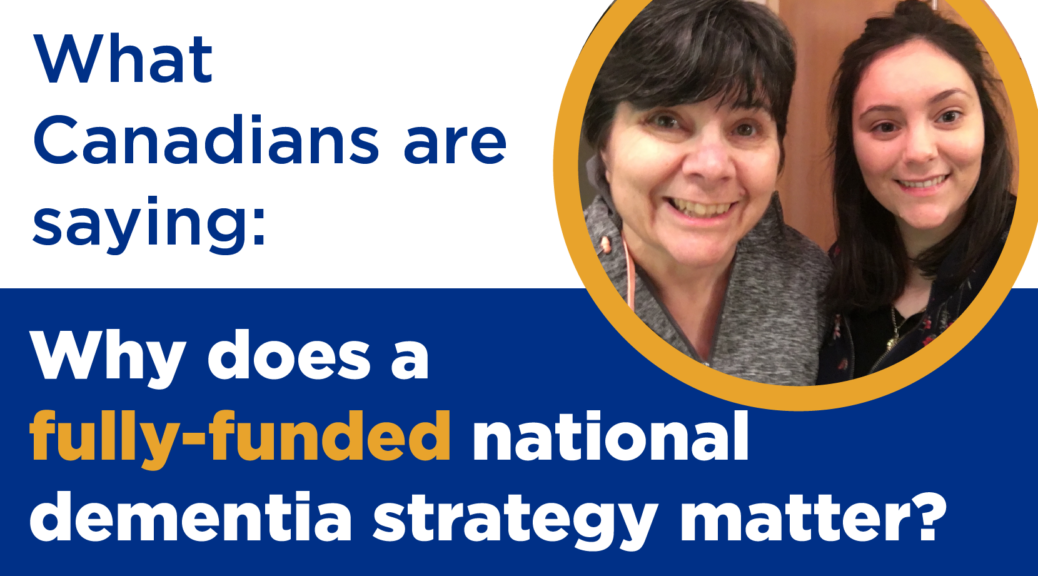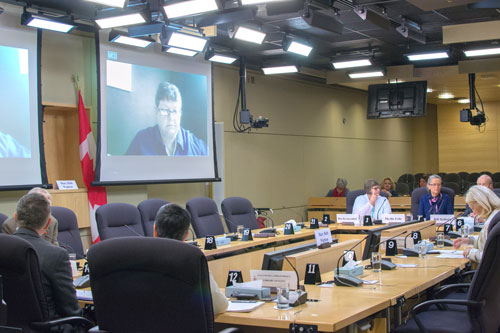What Canadians are saying: Why does a fully-funded national dementia strategy matter?
Though the national dementia strategy has been announced, more work needs to be done. Not only does the strategy need to be fully funded, we also must ensure that it remains a top issue in Ottawa throughout and beyond the federal election in October. We asked people living with dementia, caregivers and researchers for their thoughts on why a fully-funded national dementia strategy matters. Here’s what they have to say: It will foster a network of support for people with…









